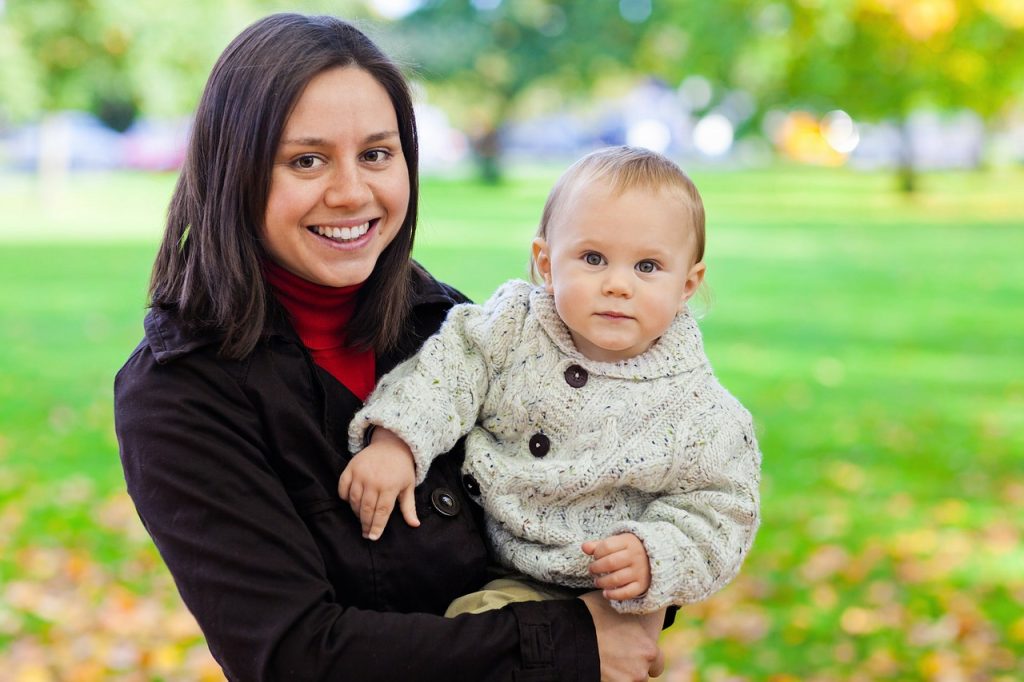Even if you’ve got experience with children, if you haven’t lived and worked with them full time, and you’re not a parent yourself, these may take you by surprise!
1. Bumps and bruises
It’s surprising how strong these little people are! Whether you’re playing a game, taking a trip to the park or changing a nappy, you’re susceptible to bashes, knocks, and bumps which means that you’re covered in bruises yourself (especially if you bruise easily). I’m always finding bruises and trying to remember where I got them – it could be from anything, the baby dropping a toy on your foot, or an accidental kick when pushing a child on the swings!
2. Sleep
We all know that not all children sleep through the night, especially when they’re young, but what surprised me was the amount of different things that can disturb the night. From bedwetting, to ‘I just can’t sleep’, night time feeds, illness and nightmares… And then they will be up early in the morning too!
3. All things slime
Who knew how much snot and dribble could come out of those little humans! If they’re a bit older, they’ll deal with a lot of this themselves, but for young children and babies, it’s a constant battle to wipe noses, change nappies, and clear up dribble!
4. Laundry
You might have heard about how much laundry a baby makes, but did you ever think that some of that would be yours? A jumper you may have once been able to wear a few times before a wash, now might not last a full day!
5. Creatures
If your charges are at school or nursery, it is likely that they will come into contact with all kinds of germs and parasites. Think headlice, worms and chicken pox. Sadly these things aren’t contained just to the child and will most likely be spread to you, which means nitcombing and medicine for you too! Yuk!
6. Getting attached
Even after all of that, you will grow to love the little monsters. They’ll make you smile, give you cuddles and do some very cute and funny things so if you take a holiday away, expect to miss them!
Thanos for sharing, Cate! If you have something you’d like to share just drop us a line on frances@nannyjob.co.uk







